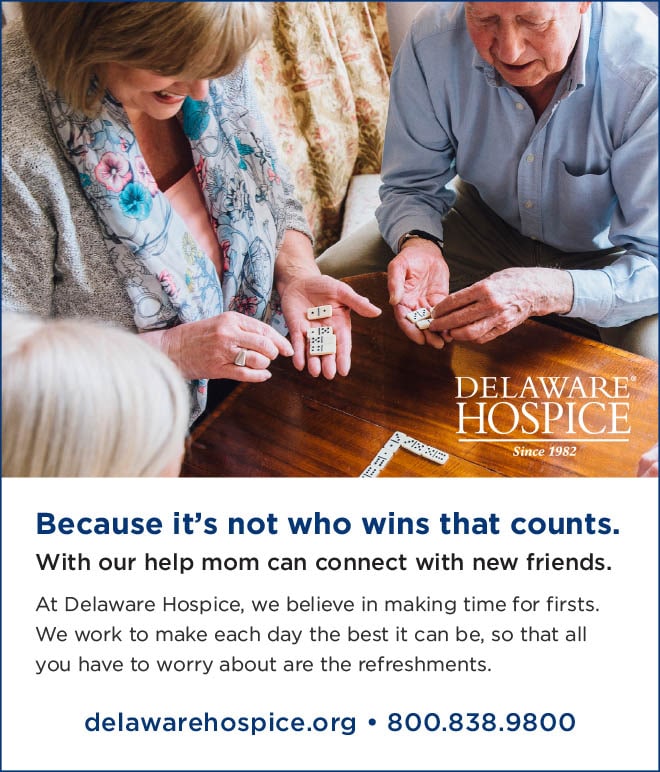How To Talk To Your Doctor
Start the conversation
It is natural for many of us to avoid talking about the end of life. Thus, many of us avoid speaking to our doctors about what type of end of life care we would want. A lack of communication with our doctor causes confusion about desired medical treatments and choices that can be pre-determined.
When asked if it is important to talk with a doctor regarding end of life care, 80% of people surveyed responded “yes.” However, just 7% of the people surveyed have had an end of life conversation with their doctor*.
Individuals who talked with their physician or families about their preferences for end of life care:
- Had less fear and anxiety.
- Felt they had more ability to influence and direct their medical care.
- Believed that their physicians and family had a better understanding of their wishes.
- Indicated a greater understanding and comfort level than they had before the discussion.
Do not wait for your doctor to ask about your wishes
Chances are, your doctor is waiting for you to start the conversation. Here are some things to consider when talking to your doctor:
- Let your doctor know that you want to talk about end of life care.
- Make sure you understand all the legal medical documents available through your state such as DMOST/POLST, Living Will, and/or Advanced Healthcare Directive.
- DMOST/POLST are for individuals with a serious illness diagnosis.
- Living Will & Advanced Healthcare Directive are for “healthy” individuals who are 18 years old and older.
- Ask your doctor to explain any treatment / procedure options that you find confusing.
- Talk about pain control and symptom management options.
- Share your thoughts on what is important to you; if you choose quality over quantity of life, let them know.
- Give your doctor a copy of your completed forms and the contact information of your appointed healthcare agent.
Your Living Will and Advanced Healthcare Directives can be modified and should be updated every 2-3 years or earlier if your health changes. A DMOST/POLST form should be reviewed every time a new health concern arises with your serious illness.
To learn more about your healthcare options, please visit www.delawarehospice.org/planning-ahead/ or give Delaware Hospice a call at 302-478-5707.
*theconversationproject.org
Testimonials
“For all of us, it is never easy to hear the word “hospice.” However, I want people to understand that although hospice may be the ending of one chapter in our lives, it is also the beginning of a new chapter in one’s life as well.” – Fr. Roger D., Bear
“B.R. deserved nothing but the best as he left this earth, and he received just that at Delaware Hospice. Without a doubt, the end of life services provided by the employees of Delaware Hospice was absolutely extraordinary . . .” – C.W.


